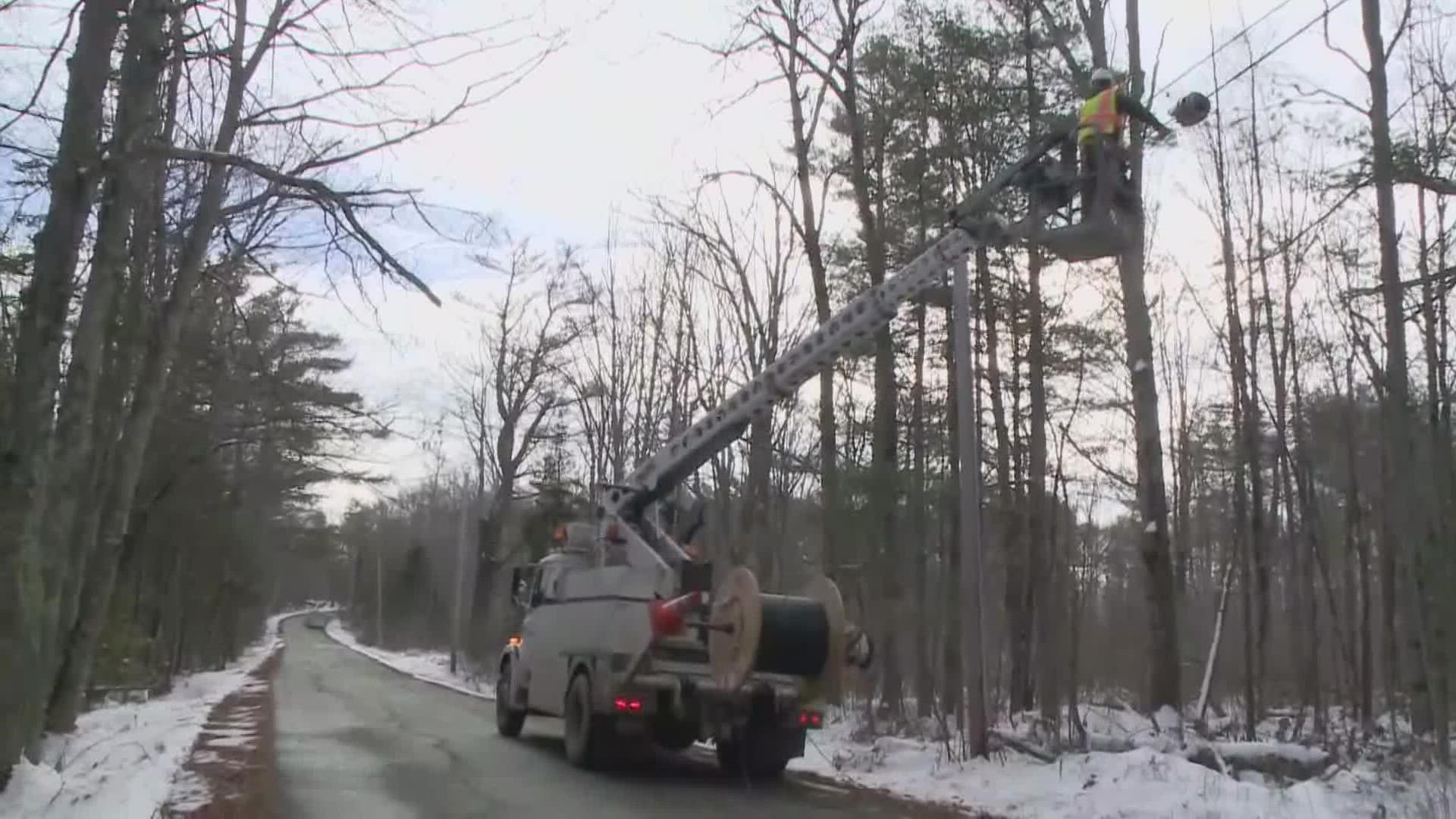AUGUSTA, Maine — Broadband internet is what Mainers want, and experts and policymakers say everyone needs it.
On Wednesday, Andrew Butcher was sworn in as the first president of the newly-formed Maine Connectivity Authority after the Maine Senate voted unanimously to confirm him for the position.
On Tuesday, the Legislature’s Energy, Utilities, and Technology Committee also unanimously supported the choice of Butcher to lead the state’s new effort to expand broadband.
At his confirmation hearing, Butcher said he has experience with broadband as head of the Maine Broadband Coalition and experience working with various groups and interests to lead the Maine Connectivity Authority.
The authority was created last year by the Legislature and signed into law by Gov. Janet Mills, with the assignment to expand high-speed internet service to the many areas of Maine that don’t have it. The authority is also supposed to manage more than $150 million in federal funds allocated for broadband expansion.
“The job of the Maine Connectivity Authority ...” Butcher said in opening remarks, “... is to turn the challenge of affordable, reliable, universal digital connectivity in Maine into not just a possibility but a present force.”
Butcher said the first and most important task as president of the new entity would be simply getting it organized, staffed, and up and running. He is already working on that task on a contract basis.
“Really, we have to get the money to work as soon as possible,” he said. But he then added that it couldn’t happen until the authority was fully functional.
Several committee members expressed concern that the authority appears weighted toward southern Maine, with Butcher living in Portland and several of the seven board members from the Greater Portland area.
The legislators worried northern, rural Maine would not get the support it needs, despite having some of the state’s most significant connectivity problems.
Butcher said those areas would not be ignored.
“I’m not from rural Maine. I’m not from northern Maine. But that doesn’t mean I don’t appreciate and sympathize with the needs and the interests,” he responded. “I do hear the voice of rural and northern Maine. I wouldn’t be here if I didn’t."
Broadband providers, like Tidewater Telecom of Nobleboro, which services the Midcoast area, said the new program from the connectivity authority is needed because of the strong demand for expanding the availability of fiber-optic service.
“There is so much to do,” said Randall Manning, vice president of the company. “We are definitely interested in doing as much as we can, [but] we’re a small company. We need more employees as we go forward.”
He added the fiber optic installation is expensive, which has been the primary obstacle to expanding the service in rural areas, where the cost per customer for running new lines can be very high.
Butcher and the authority will need to decide how to use the federal dollars to build more miles of fiber, whether through grants to communities or providers that’ll subsidize construction and service or possibly even public ownership of fiber lines in some areas.
Responding to a senator from Aroostook County, Butcher said there might be situations in rural areas where wireless or satellite service, such as the new Starlink internet provider, will be a better choice than running new fiber-optic lines. However, he said fiber remains the “gold standard” for broadband service.
The authority will make all those decisions in the months ahead. Butcher indicated he hoped to get some initial programs moving as soon as possible.

